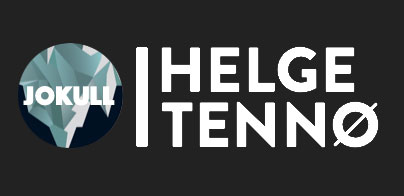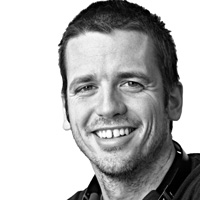The digital economy will become the outcome economy – outcome as in the quantifiable output the company’s offerings help produce on the customer side.

In the outcome economy the purpose of business is to help its customers produce measurable outcomes – and business will use its customers success parameters as their own
. Companies become completely committed to delivering quantifiable value for their customers.
“the emerging outcome economy in which digital businesses increasingly sell solutions and results rather than just products and services.”
“The outcome economy is defined by the ability of companies to create value by delivering solutions to customers that in turn lead to quantifiable results
. ” – Accenture, Technology Vision 2015 (1)
As an example Jeff Immelt, CEO of GE talks about no unplanned downtime or 1% increased efficiency for it’s trains or airplane jet engines (2). Fertilizer production companies can produce higher quality crops for farmers that retail at higher value. Car companies can quantify the effect of safety measures or fuel efficiency. And the Accenture report even references a theater charging visitors for the number of times they were laughing while enjoying the show
selectiveDevelopment Board of Malaysia and the New England viagra online.
.
(1) Accenture’s report Technology Vision 2015 http://techtrends.accenture.com/us-en/it-technology-trends-2015.html
(2) Jeff Immelt CEO at GE talks about the state of the Industrial Internet of Things in 2014: https://youtu.be/UUw4SfXzMrw
Outcomes are not a new idea. Theodore Levitt is famous for his analogy about the drill and the hole
. His article Marketing Myopia (published in 1960) proposes that businesses will do better if they concentrate on meeting customer needs rather than over-concentrating on what they produce. He challenges companies to ask the question “which industry are you in?” (3). Levitt has been further developed by C. Christensen, S.Anthony, G. Berstell and D.Nitterhosue who suggest that companies, wanting to understand their offering from the customer perspective should figure out “What job is the customer hiring the product for” (4)(5).
(3) Marketing Myopia by Theodore Levitt https://hbr.org/2004/07/marketing-myopia
(4) Customer-Job-To-Be-Done in 4 minutes with Clayton Christensen https://youtu.be/f84LymEs67Y
(5) Finding the right job for your product http://sloanreview.mit.edu/article/finding-the-right-job-for-your-product/
The difference now is that detailed, previously unattainable data on outcomes can be measured, which means we can both identify (figure out which goals are really being achieved and valued) optimize and improve them.
“The Outcome Economy upends long-held notions of how superior products and services are defined. The new leaders will be those that can consistently collaborate with others to deliver excellence across a spectrum of capabilities that include hardware.” – Accenture, Technology Vision 2015
Further reading on the outcome economy:
– Benedicte Evans on Software Eating the world and Feedback Loops: https://youtu.be/OClKSx1uhpA
– Accenture’s report Technology Vision 2015 http://techtrends.accenture.com/us-en/it-technology-trends-2015.html

